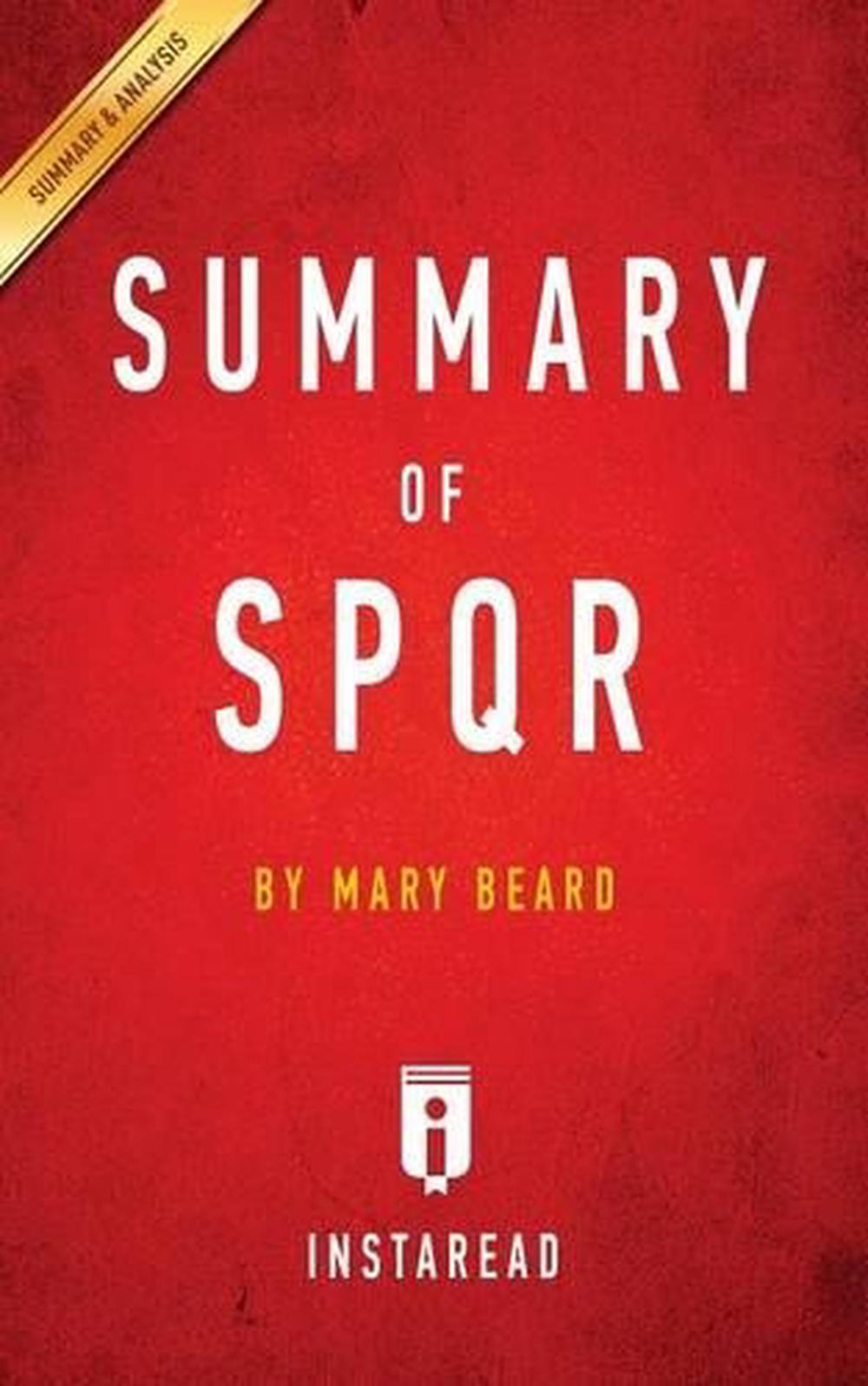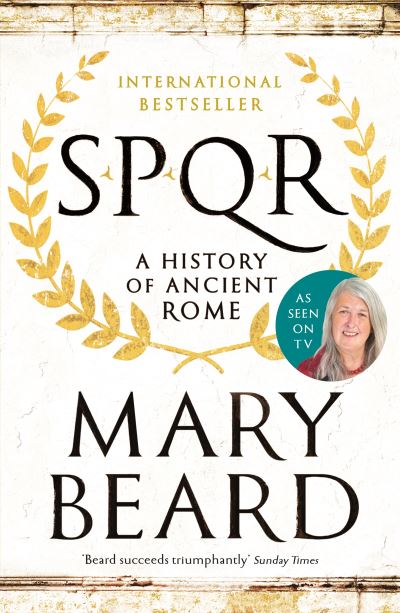

Caracalla effectively ended the question in its traditional form by obliterating the legal distinction between the rulers and the ruled. The dynamic in SPQR turns on the question of citizenship – of who is entitled to its duties and prerogatives and who is not, of who are the "ins" and who are the "outs". Some have preferred AD476, the year in which the last Western emperor was deposed, but Beard argues that the marker should be AD212, when the Emperor Caracalla extended Roman citizenship to all free male inhabitants of the empire. Many historians choose AD312, the year of the Emperor Constantine's conversion to Christianity, as the date at which the ancient world begins to pass into the medieval one. The "end" of Rome, however, is a matter of contention for a different reason: the possible markers are within the range of documented history, but which you choose depends on what you conceive to be the underlying dynamic in Roman political life. Rome's origins are irretrievably mythologised, although such reliable archaeological evidence as is available suggests that the date the Romans themselves gave for the founding of their city – equivalent to 753BC in modern reckoning – may not be wide of the mark. This is partly because of the interpretive frame she has chosen.

Beard prefers to say that we should engage with Rome: understanding what moved the Romans to think and act as they did may illuminate our own predicament, even if it cannot prescribe answers to it.īut, although Beard is always mindful of her stricture against treating the Romans as our contemporaries, the parallels between the Roman world she portrays and the globalised world of the early 21st century are sometimes tantalisingly close. She is careful to stress that this is not a matter of naively drawing "lessons" from the past. In SPQR, Beard does in an extended fashion what she was doing in her debate with Johnson: she is explaining why Rome should continue to matter to any educated person. It is a book immersed in the controversies of her academic peers, but addressed more to the general reader than it is to them. Beard is as adept at the wry aside as she is at scholarly exposition, and both qualities are abundantly evident in SPQR, a general history of Rome that can fairly be called the summation of her life's work as an interpreter of ancient civilisation. Viewers of her popular television documentaries on Pompeii would not have been surprised.

The only barbs were in the witticisms, which, by all accounts, Beard delivered with a withering accuracy that Johnson, for all his oratorical gifts, could not muster. Rome had conquered Hellas once again, though this time without blood being spilled.


 0 kommentar(er)
0 kommentar(er)
